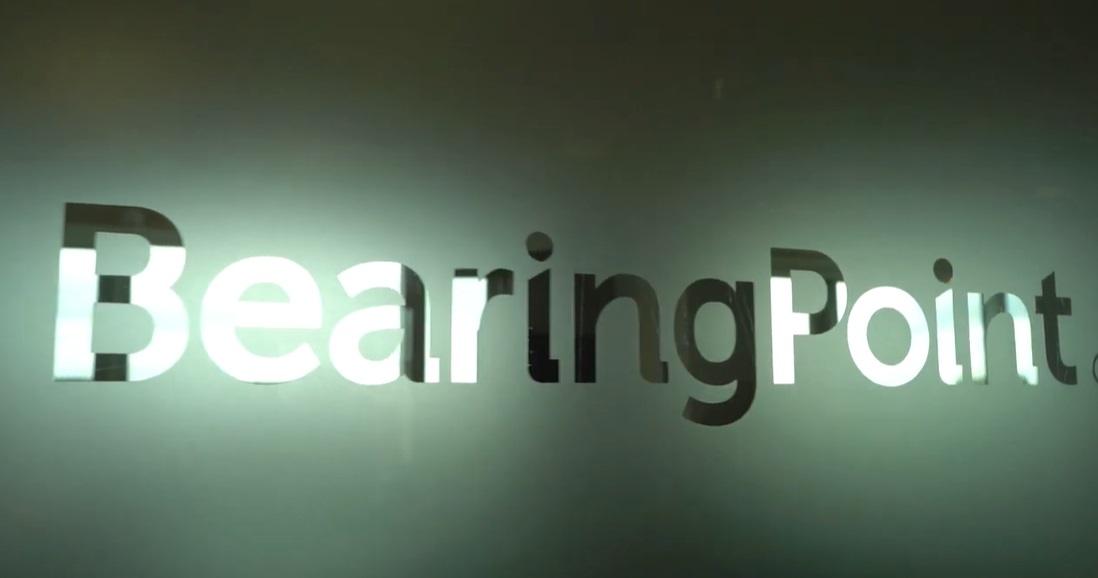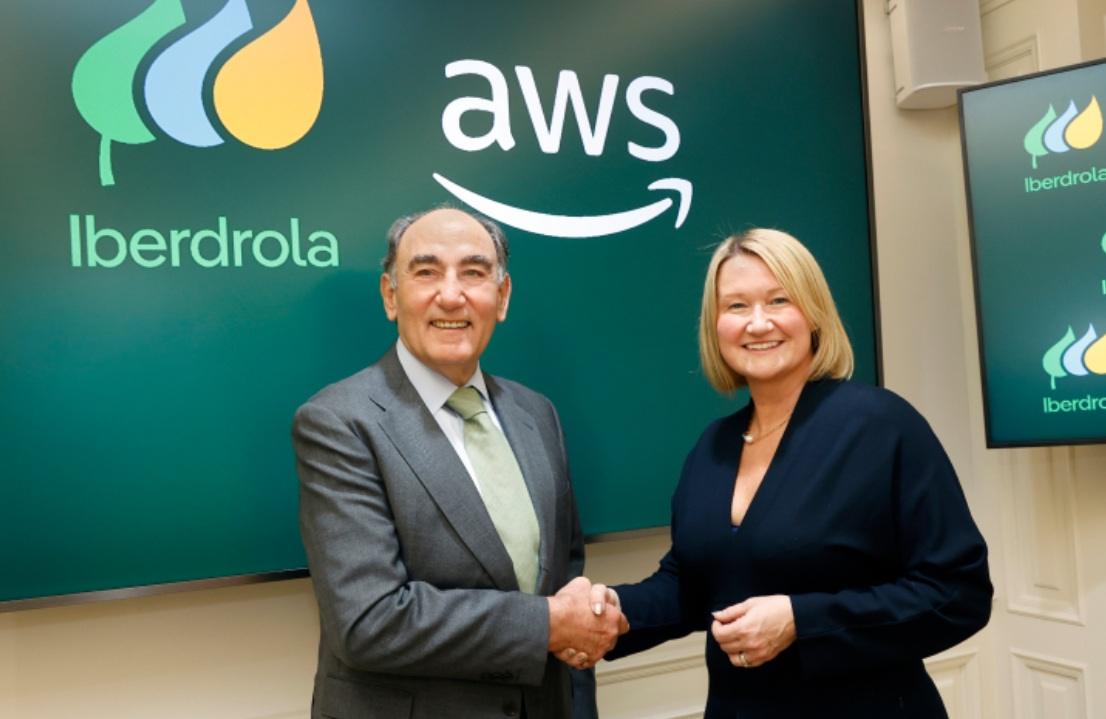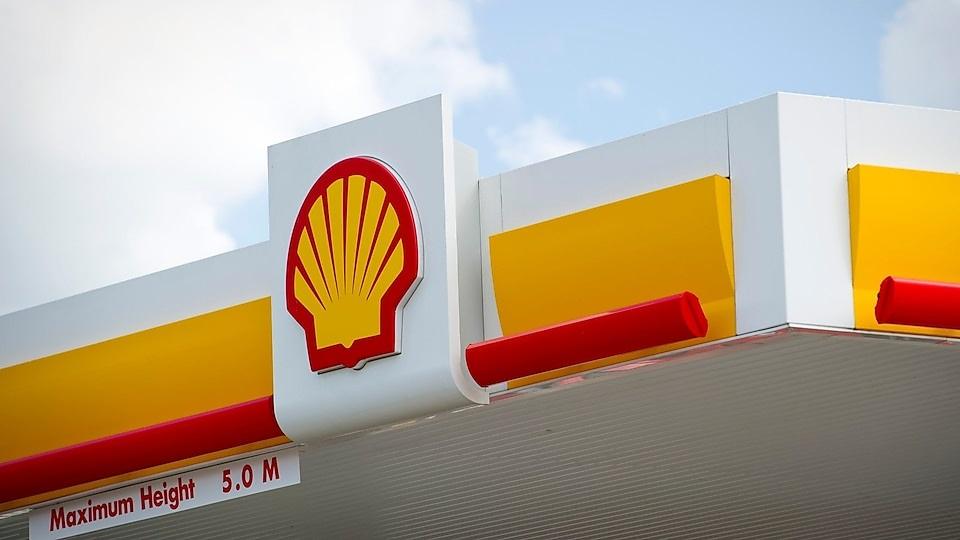BearingPoint Pledges 50% Emissions Reduction by 2025, Targeting Travel, Commuting, Offices and IT
Management and technology consultancy BearingPoint announced today a new goal to slash its emissions by 50% by the end of 2025. The firm said that the new ambition was set following the recommendations of the science-based target initiative (SBTi) and its 1.5° Celsius emission reduction path.
The firm noted that while business travel constitutes the most significant source of consultancies’ emissions footprint, its calculation of emissions also incudes offices, commuting and IT utilization. BearingPoint also stated that it will screen country conditions and project logistics on their avoidance-reduction potential.
Axelle Paquer, Sustainability Sponsor of the BearingPoint Management Committee, said:
“To tackle global challenges like climate protection, companies must take responsibility. This goes together with clear goals – they create focus and are needed for continuous progress. At BearingPoint, we are therefore committed to an ambitious emissions reduction goal. A reduction of 50% of emissions comes with actual change – and I am sure that this is a change for the better from all perspectives.”
To compensate for residual emissions, the firm will utilize offsets through the purchase of CO2 certificates from its forest and peatland conservation and restoration partner, Forliance. In 2020, BearingPoint’s offset purchases supported the Sumatra Merang Peatland project in Indonesia, a project protecting and restoring peatland rainforest in the Merang region on the island of Sumatra.
Michael Sahm, Director Climate Strategy, Forliance, said:
“For many years, we have worked with BearingPoint as a partner for rainforest conservation and reforestation, and we are delighted that now we engage in the Sumatra project together. The Sumatra Merang Peatland project is an outstanding example of a holistic project – combining a REDD+ and ecosystem restoration approach – where activities are beneficial to biodiversity conservation, climate change mitigation and rebuilding degraded peatland areas, all through involving and benefitting local communities.”





